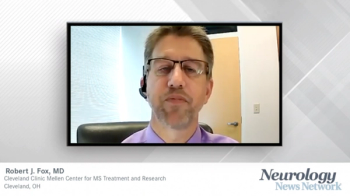
An expert provided context on the need to improve awareness and education on cannabis for patients with multiple sclerosis.

An expert provided context on the need to improve awareness and education on cannabis for patients with multiple sclerosis.
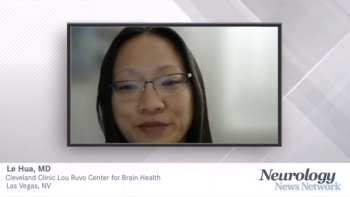
Le Hua, MD, provided insight on the current knowns and unknowns about older patients with multiple sclerosis, how their disease progresses, and the need for additional research.

An expert provided context on a subanalysis of the EXPAND study that evaluated the effect of baseline age on the efficacy and safety of siponimod (Mayzent; Novartis) in secondary progressive multiple sclerosis.

All told, 48% of patients with MS reported that their most common primary person for guidance on cannabis use in MS was themself or no one, followed by a dispensary professional and MS physician.
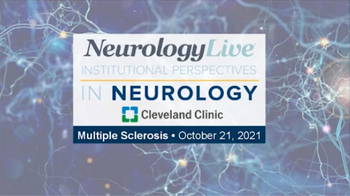
Chaired by Devon Conway, MD, the presentations also feature Cleveland Clinic experts Kedar Mahajan, MD, PhD; Marisa McGinley, DO; and Amy Kunchok, MD. [WATCH TIME: 1 hour, 33 minutes]

The director of the Mellen Center for MS Treatment and Research at Cleveland Clinic discussed the realistic outlook of mesenchymal stem cells and other approaches to progressive MS.

The director of the Mellen Center for MS Treatment and Research at Cleveland Clinic provided context on whether efficacy outcomes should be weighed more than mechanistic action when evaluating MSC-NTF cell therapies. [WATCH TIME: 3 minutes]

The director of the Mellen Center for MS Treatment and Research at Cleveland Clinic discussed the use of MSC-NTF cells in progressive MS and the data backing this approach. [WATCH TIME: 3 minutes]
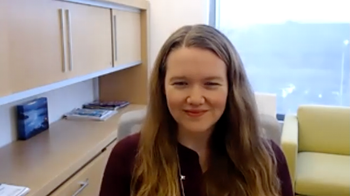
The director of the Women’s Alzheimer’s Movement Prevention Center at Cleveland Clinic discussed the role genetics play in Alzheimer disease and the importance for all-women trials. [WATCH TIME: 2 minutes]

Jessica Caldwell, PhD, director, Women’s Movement Prevention Center, Cleveland Clinic, sat down shed light on the understanding of Alzheimer disease in women and their inclusion in clinical trials.

The director of the Women’s Prevention Center at Cleveland Clinic discussed why understanding genetics may help drug development of Alzheimer disease treatments. [WATCH TIME: 2 minutes]

The director of the Women’s Movement Prevention Center at Cleveland Clinic discussed her new study, and the current knowledge of the role genetics play in Alzheimer disease risk.

The director of The Women’s Alzheimer’s Movement Prevention Center at Cleveland Clinic discussed her recently awarded NIH grant and her work to understand why women are more likely to be impacted by Alzheimer disease.

The director of the Cerebrovascular Center at Cleveland Clinic provided context on why stroke systems should incorporate IV tPA as early as possible to treat emergent large vessel occlusion.
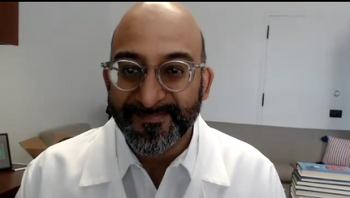
The director of the Cerebrovascular Center at Cleveland Clinic discussed areas within hospital care that need addressing to improve outcomes of patients with stroke.

The director of the Cerebrovascular Center at Cleveland Clinic discussed the clinical relevance of his recently published findings on the use of intravenous tPA given in the “golden hour” for ELVO.

The assistant professor at Cleveland Clinic provided thoughts on the barriers clinicians face when formulating and conducting Alzheimer disease clinical trials with repurposed drugs.

The assistant professor at Cleveland Clinic discussed key factors to consider when choosing repurposed drugs that could show max potential in treating Alzheimer disease.

The therapy, already FDA-approved for individuals with pulmonary artery disease, was significantly associated with reduced likelihood of Alzheimer disease in both the 65-74 year range and those older than 75 years.

Investigators observed declines in delayed verbal recall in 20% to 30% of individuals who underwent a dominant temporal lobe resection for treatment of epilepsy.

The duo from Cleveland Clinic stressed the reasons for conducting real-world data assessing migraine treatments and why it can lead to the ultimate goal of treatment optimization.
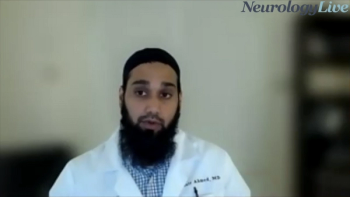
The neurologist from Cleveland Clinic discussed the importance of studying real-world outcomes in patients with migraine using CGRPs such as eptinezumab.
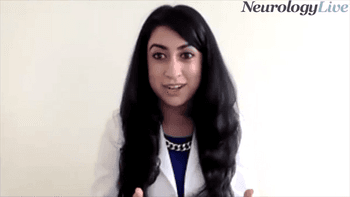
The headache fellow at Cleveland Clinic outlined the design and reasoning for a new study assessing nerve blocks to treat COVID-19 headache.

Each of the 2 identical twin phase 3 trials, titled ENSURE-1 and ENSURE-2, are expected to enroll approximately 1050 adult patients with active relapsing multiple sclerosis.

Since 2016, there has been consistent growth in the number of Alzheimer disease trials sponsored both in part and fully by academic medical centers and/or the National Institutes of Health.
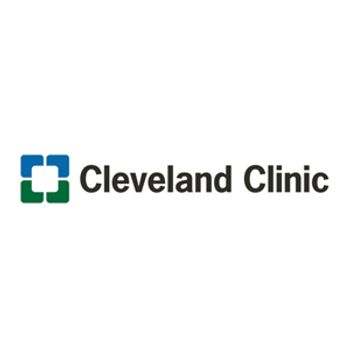
Adverse effects of trimethylamine N-oxide were highlighted, as well as the correlation between elevated levels of the byproduct and cardiovascular disease.
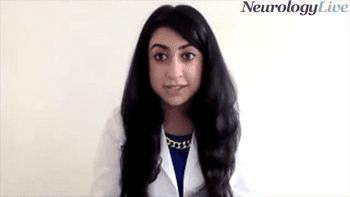
The duo from Cleveland Clinic discussed their presentation from AHS 2021 regarding the effects of COVID-19 on access to telemedicine visits among minorities.

The decision to grant breakthrough therapy designation was based off the proof-of-concept phase 2b study which explored the impact of lecanemab, formerly BAN2401, on reducing brain amyloid beta and clinical decline.

Alise Carlson, MD, resident of Cleveland Clinic, details the factors and long-term effects misdiagnosing a patient with multiple sclerosis can have on their quality of life.
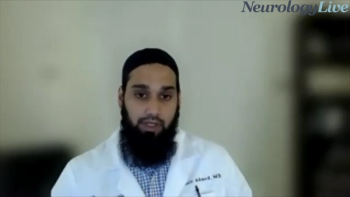
The neurologist from Cleveland Clinic provided perspective on why there is a need for continued pressure to research and understand more about COVID-19 and its association with headache.